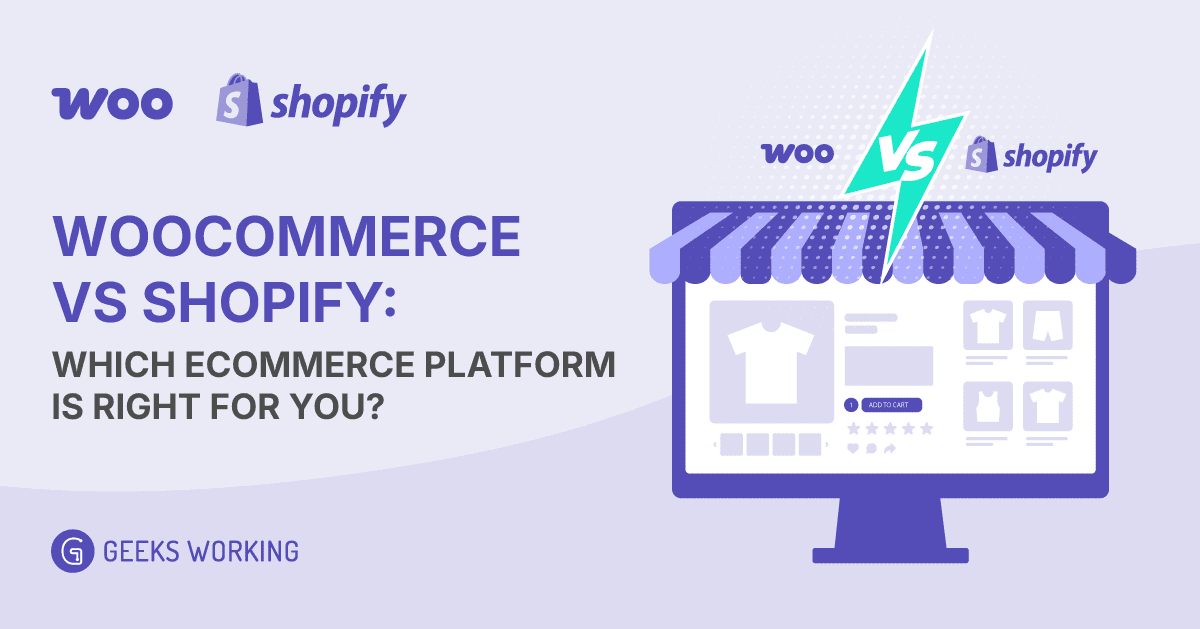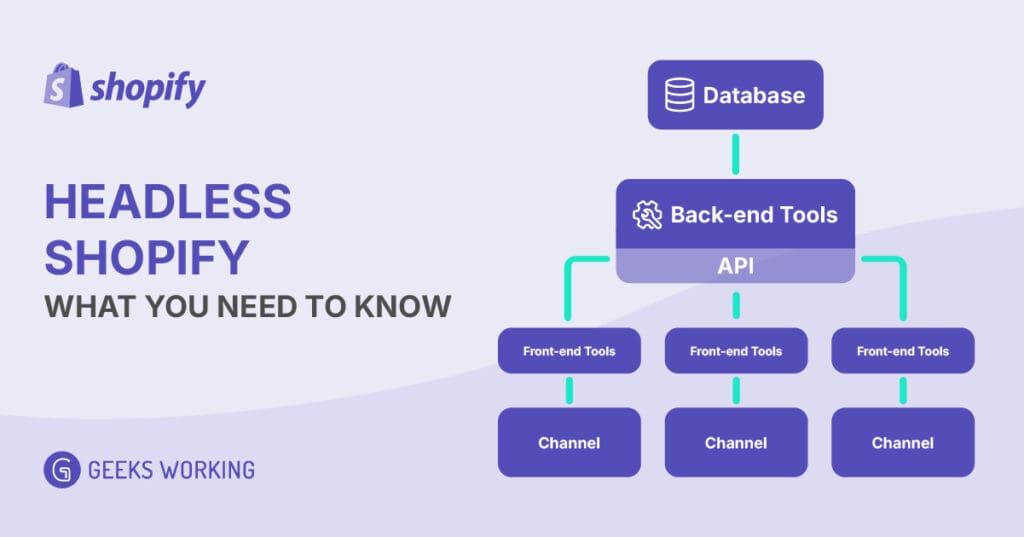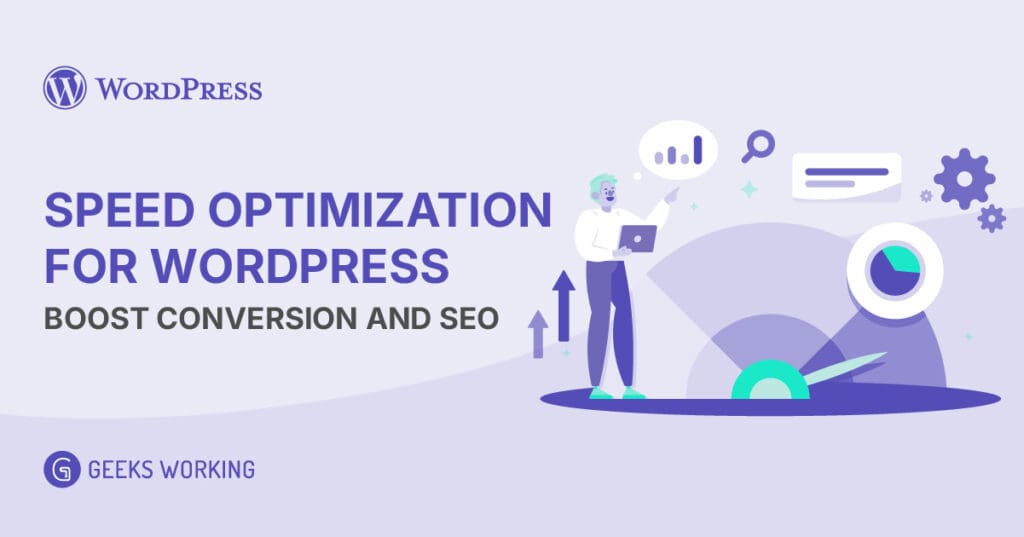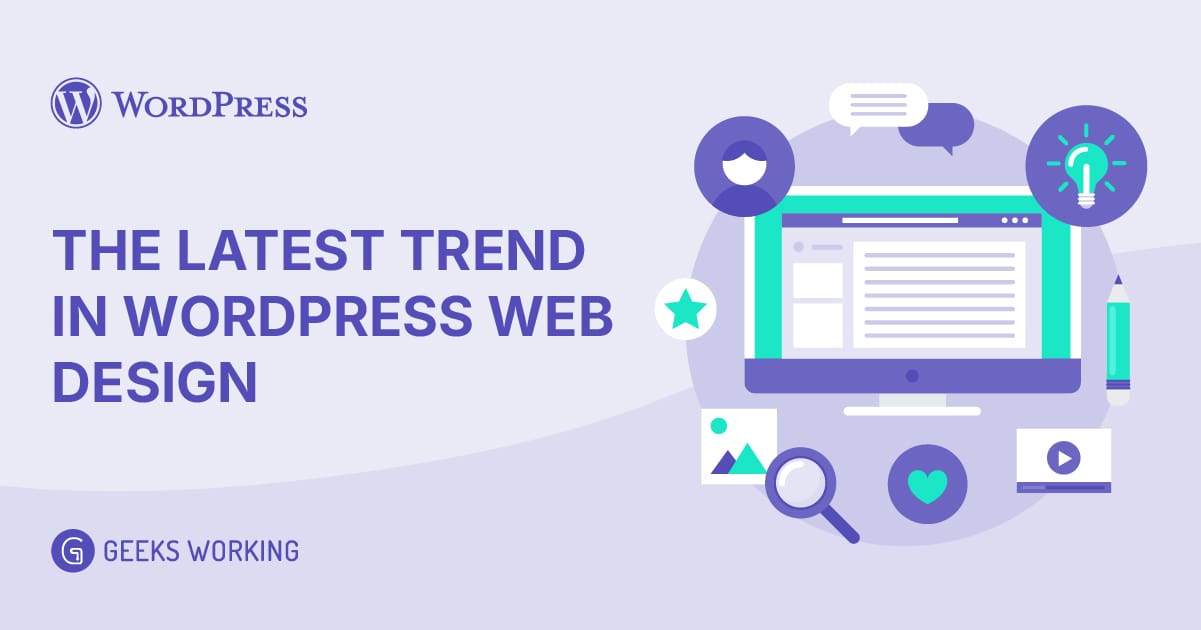Choosing the right e-commerce platform is crucial for online success. Two giants dominate the landscape: WooCommerce and Shopify. Both offer powerful tools to build and manage online stores, but they cater to different needs and skill levels. This comprehensive guide breaks down the key differences between WooCommerce and Shopify, helping you decide which platform is the perfect fit for your business.
1. Ease of Use:
- Shopify: Renowned for its user-friendliness, Shopify is a hosted platform, meaning they handle all the technical aspects like hosting, security, and updates. Its intuitive drag-and-drop interface makes it incredibly easy to set up a store, even with no coding experience.
- WooCommerce: WooCommerce is a plugin for WordPress, the world’s most popular content management system (CMS). While WordPress itself is relatively user-friendly, WooCommerce adds a layer of complexity. You’ll need to manage hosting, security, updates, and potentially some coding or plugin configurations. It has a steeper learning curve, especially for beginners.
Winner: Shopify for its simplicity and ease of use.
2. Cost:
- Shopify: Shopify operates on a monthly subscription basis. Pricing plans vary based on features and transaction fees. While initially seemingly straightforward, costs can escalate with add-ons, apps, and transaction fees (if not using Shopify Payments).
- WooCommerce: WooCommerce itself is a free plugin. However, you’ll need to pay for hosting, a domain name, and potentially premium themes and plugins. While the initial outlay might seem lower, costs can add up depending on your needs. The flexibility also means you can choose cheaper options, so it can be more cost-effective in the long run if you’re technically inclined.
Winner: It’s a tie. Shopify is predictable monthly cost. WooCommerce has a lower barrier to entry, but you need to manage the costs yourself.
3. Flexibility and Customization:
- Shopify: Shopify offers a good degree of customization through themes and apps. However, you’re limited to their ecosystem. Advanced customization often requires using their Liquid templating language, which can be a barrier.
- WooCommerce: Built on WordPress, WooCommerce provides unparalleled flexibility and customization. You have access to thousands of themes and plugins, allowing you to create virtually any type of online store. You have full control over your website’s code, making it ideal for software developers and those seeking highly customized solutions.
Winner: WooCommerce for its superior flexibility and customization options.
4. Scalability:
- Shopify: Shopify is designed to handle growth. Their higher-tier plans offer increased resources and features to support scaling businesses. Upgrading is generally seamless.
- WooCommerce: WooCommerce can also scale, but it requires more proactive management. You might need to upgrade your hosting plan, optimize your website, and potentially use caching plugins as your store grows.
Winner: Shopify for its easier, built-in scalability.
5. Apps and Plugins:
- Shopify: Shopify has a vast app store with extensions for marketing, shipping, inventory management, and more. However, many of these apps come with recurring costs.
- WooCommerce: WooCommerce leverages the massive WordPress plugin repository, offering a plethora of free and paid plugins. The sheer number of options can be overwhelming, but it also means you’re likely to find a solution for almost any need.
Winner: WooCommerce for the sheer volume and variety of plugins, though Shopify’s curated app store is easier to navigate.
6. SEO (Search Engine Optimization):
- Shopify: Shopify offers decent built-in SEO features, including customizable titles, meta descriptions, and URL structures. However, some advanced SEO functionalities might require apps.
- WooCommerce: WooCommerce, combined with SEO plugins like Yoast SEO, provides excellent SEO control. You can optimize every aspect of your website for search engines.
Winner: WooCommerce, especially when combined with powerful SEO plugins.
7. Payment Gateways:
- Shopify: Shopify offers a limited number of payment gateways, though they support most major providers. They also have their own payment gateway, Shopify Payments, which often comes with lower transaction fees.
- WooCommerce: WooCommerce supports a wide range of payment gateways, giving you more flexibility in choosing the best option for your business.
Winner: WooCommerce for its broader selection of payment gateways.
8. Support:
- Shopify: Shopify offers 24/7 customer support via phone, email, and chat. Their documentation is also comprehensive.
- WooCommerce: WooCommerce’s support is primarily community-based, through forums and documentation. While there are paid support options available, it’s not as readily accessible as Shopify’s dedicated support.
Winner: Shopify for its readily available and comprehensive customer support.
9. Blogging:
- Shopify: Shopify offers basic blogging functionality, but it’s not as robust as WordPress.
- WooCommerce: Being built on WordPress, WooCommerce seamlessly integrates with the world’s leading blogging platform. This gives you access to all the features and plugins you need to create a powerful content marketing strategy.
Winner: WooCommerce for its seamless integration with WordPress and its superior blogging capabilities.
10. Security:
- Shopify: Shopify handles all the security aspects of your store, including SSL certificates and PCI compliance.
- WooCommerce: With WooCommerce, security is your responsibility. You’ll need to choose a secure hosting provider, install security plugins, and regularly update your website to protect against vulnerabilities.
Winner: Shopify for its hands-off approach to security management.
Which Platform is Right for You?
- Choose Shopify if: You’re a beginner, prioritize ease of use, want a quick and easy setup, prefer a hosted solution, and don’t require extensive customization.
- Choose WooCommerce if: You’re comfortable with a slight learning curve, need extensive customization and control, want a flexible platform, prioritize SEO, and prefer a self-hosted solution.
In Conclusion:
Both WooCommerce and Shopify are excellent e-commerce platforms. The best choice depends on your specific needs, technical skills, budget, and business goals.






